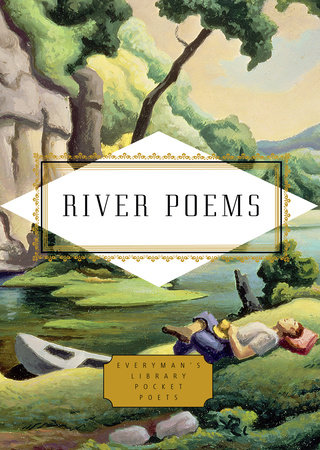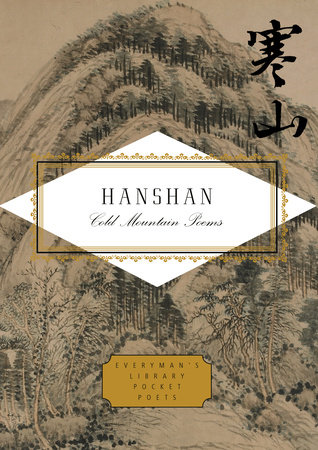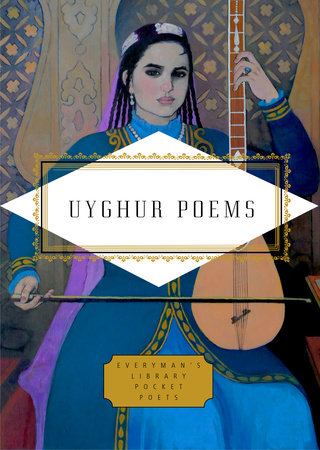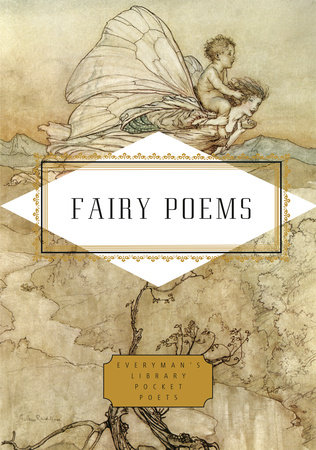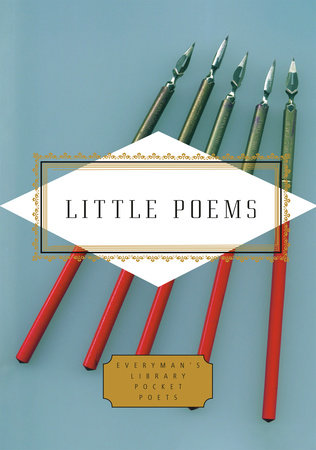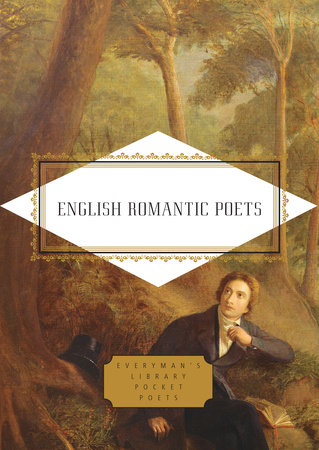Excerpt
River Poems
Foreword by Henry Hughes
It was our first river trip together, falling in love and maybe afraid of falling as we slid the wooden drift boat down the icy ramp into Oregon’s Siletz River, running cold and clear through the dripping dark vault of basalt and towering evergreens. Chloë pointed out gray dipper birds walking underwater, acrobatic otters, and rolling Chinook salmon; and I rowed, avoiding mossy rocks and overhanging snags, reading the gravelly bends and blue chutes. We talked and gazed, anchoring in a turquoise pool under a golden stand of alder to cast our flies. “This feels like a poem,” Chloë said.
Her observation reflects an ancient confluence of water and words. Rivers were the arteries of our first civilizations—the Tigris and Euphrates of Mesopotamia, India’s Ganges, Egypt’s Nile, the Yellow River of China—and have nourished modern cities from London to New York, so it’s natural that poets have for centuries drawn essential meanings and metaphors from their endless currents. Rivers teem with symbolic significance: they have long been ritual sites for funerals and baptisms, for deaths and rebirths; they slake our thirst, nourish our crops, and provide us with food, transportation, and power.
This collection of poems honors the geographic and cultural legacies of rivers, “Loving them all the way back to their source,” as Raymond Carver vows. “Hymn to the Nile,” from the second millennium BCE, hails the life-giving Egyptian river: “If the Nile smiles, the earth is joyous.” Fifteen hundred years later, the Old Testament prophet, Ezekiel, reminds us that “wherever the river goes, every living creature that swarms will live.” Concurrently in China, the
Dao De Jin affirms that “The highest good is like water / Nourishing all things.” Water settles in low places, coming “close to the Dao,” the
way, the natural order of the universe. East Asian reverence for rivers surfaces in Chinese Tang dynasty poets and Japanese haiku masters such as Matsuo Basho and his transformative Mogami River that “Has poured the hot summer sun / Into the ocean.”
In the West, Edmund Spenser sets a flowery and swan-filled wedding on the “Sweet Thames,” asking it to “run softly, till I end my song.” England’s River Thames runs through many poems in this collection, hailed by John Dryden as the quenching salvation after the Great Fire of 1666, and by Alexander Pope as the “Father of the British Floods.” Modern portraits of the Thames by Wilfred Owen, Louis MacNeice, and Stevie Smith recognize the watershed’s industrial degradation and urban squalor; but the river is nonetheless imbued with mysterious powers. “They say I am a foolish old smelly river,” Stevie Smith writes. “But they do not know of my wide original bed / Where the lady waits, with her golden sleepy head.”
Ted Hughes and Alice Oswald speak the river voices of western England; John Burnside takes us for a cool swim on a hot summer night in Scotland; and Welsh poet Owen Sheers gauges human arrogance in the face of flooding. In “Clonfeacle,” Paul Muldoon tells the riverside story of St. Patrick as a parable of negotiation amid the sectarian conflicts in Northern Ireland, and the struggles and stamina of Irish womanhood are brilliantly personified in Eavan Boland’s “Anna Liffey.”
Across the Atlantic, American voices spring from their own deep pools of memory. Louise Erdrich witnesses a devastating flood on Minnesota’s Chippewa reservation. Seeing the distressed herons flying above, her grandfather tells her “These are the ghosts of the tree people” and the poet longs to “dream our way back” to those sacred origins. Struggle and hope echo through the African-American spirituals “Roll, Jordon Roll” and “Deep River,” and are honored afresh in Tracy Smith’s “Wade in the Water”: “Singing that old blood-deep song / That dragged us to those banks.” Walt Whitman’s expansive “Crossing Brooklyn Ferry” achieves an urban transcendence beyond place and time. Our collective connection to rivers is powerfully realized in Langston Hughes’ sonorous evocation of identity, “The Negro Speaks of Rivers,” where he contemplates the Mississippi transformed by emancipation and the currents that enlarge our consciousness: “My soul has grown deep like the rivers.”
Flowing or still, water reflects the cycle of life. Canadian poet Don McKay recalls ice skating on the Little Paddle River where “Some may glimpse a lost one / in the spaces between the skaters or the watchers.” On Florida’s Black River, Mary Oliver watches a napping alligator, fearing its predatory ferocity and reminded that “death comes before / the rolling away / of the stone.” And in a moving elegy, Natasha Tretheway relives salmon fishing with her beloved late father.
Rivers don’t stop at political or social boundaries, as Mexican poet Jorge Humberto Chávez dramatizes in his troubling portrait of the Rio Grande. Chilean Nobel laureate Pablo Neruda offers a sensual tribute to his beloved multinational Amazon River; Tchicaya U Tam’si marks the confluence of his life with that of the complicated Congo; and Serbian poet Vasko Popa hails the “great Lord Danube” as it glimmers across Europe. The poetry in this collection flows from over twenty nations in millions of miles of changing currents.
Since our first river adventure in Oregon, Chloë and I have explored the Columbia, Amazon, Hudson, Thames, Elbe, Hvítá, Seine, and countless smaller waterways, like the Cherwell near her family’s home in Oxfordshire where we endeavored to punt away a summer afternoon, admiring swans, drinking wine, and reading poetry. Whether it was the wine, a stuck pole, or some rough meter that caused my unexpected swim, we were soon revived by laughter and cups of Pimm’s at the Boat House. Whatever trouble we get into, boating in sticky canals or tricky rapids, in high and low water, fair weather or foul, the rivers and their flow of words endure, deepening and carrying us on.


